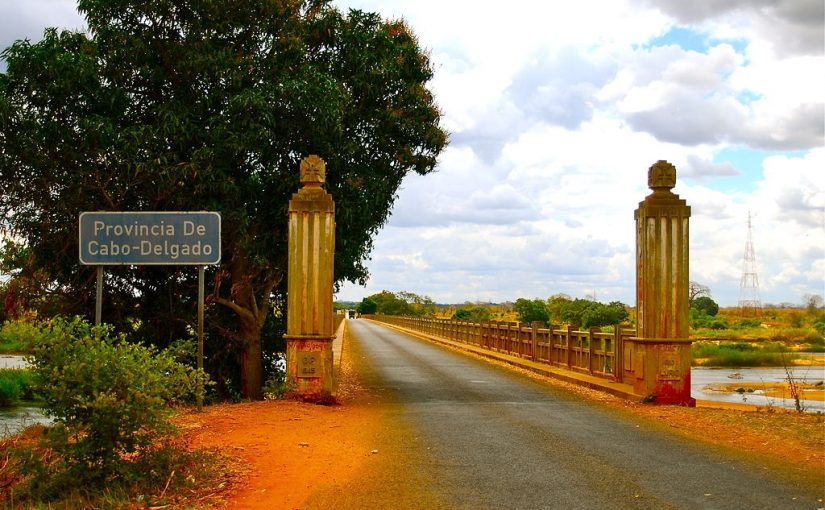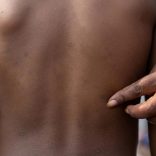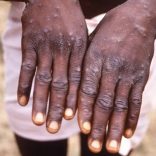Mozambique: ‘Já Chega’ initiative launches in Nampula province as over 24,000 acute ...
Mozambique: More than 300 Cabo Delgado schools not functioning after Cyclone Chido

FILE - For illustration purposes . [File photo: Folha de Maputo]
More than 300 schools in Cabo Delgado province, in northern Mozambique, will be unable to function in time for the new school year, which starts this week, due to the effects of Cyclone Chido, with the authorities trying to temporarily restore operations.
“We’ve already sent building materials to the three districts that had the most damage; I’m talking about Mecúfi, Chiúre and Metuge. A thousand sheets of zinc, three hunded or so beams of two sizes, nails to replace the classrooms,” Ivaldo Quincaderte, the Cabo Delgado’s provincial director of education, explained to Lusa. “In Chiúre district, this has already happened, Mecúfi is still working and Metuge also promises to work.”
Cyclone Chido destroyed around 330 schools and three district education services in Cabo Delgado province in December, according to official figures released earlier by the provincial government, a situation that affects more than 220,000 pupils.
The intense tropical cyclone, level 3 on a scale of 1 to 5, hit the coastal area of northern Mozambique in the early hours of 14 December, then weakened to a severe tropical storm. It continued to batter the provinces of northern Mozambique over the following days with “very heavy rainfall of over 250 mm [millimetres]/24 hours, accompanied by thunderstorms and winds with very strong gusts,” according to previous information from the National Emergency Operations Centre.
Against this backdrop, according to Quincaderte, there are also plans to build 105 temporary centres in the districts with the most people affected by Cyclone Chido.
“It’s important to say that this process hasn’t started yet,” he said. “It’s really in the tendering process, but it’s very advanced and very soon the construction of learning spaces will begin in the three districts.”
However, while waiting for the tenders for the works, tarpaulins are already being distributed to cover the classrooms, given the current rainy season, which lasts until April.
“We have sent tarpaulins to some districts, mainly Chiúre, so that we can cover the classrooms where it is not possible to create learning space at the moment,” he emphasised.
Recently updated figures from the national authorities show that at least 120 people died and another 868 were injured during the passage of Cyclone Chido in northern and central Mozambique.
The cyclone affected 687,630 people, corresponding to 138,037 families, in the provinces of Cabo Delgado, Niassa and Nampula, in the north, and Tete and Sofala, in the centre, according to the latest figures from Mozambique’s National Institute for Disaster Risk Management and Reduction.
Of the total number of confirmed deaths, 110 were in Cabo Delgado, seven in Nampula and three in Niassa.
Mozambique is one of the countries in the world most severely affected by climate change, facing cyclical floods and tropical cyclones during the rainy season, which runs from October to April.












Leave a Reply
Be the First to Comment!
You must be logged in to post a comment.
You must be logged in to post a comment.